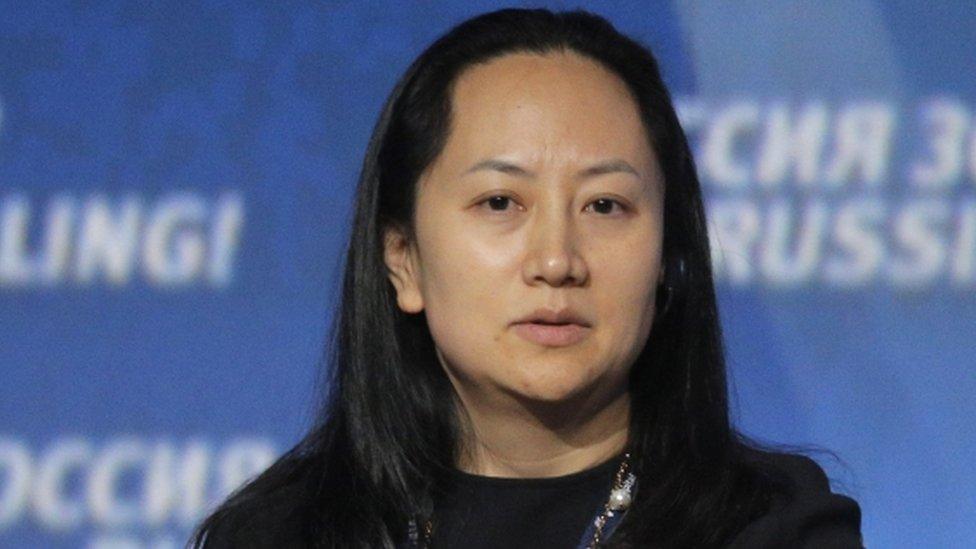Oxford University suspends Huawei donations and sponsorships
- Published
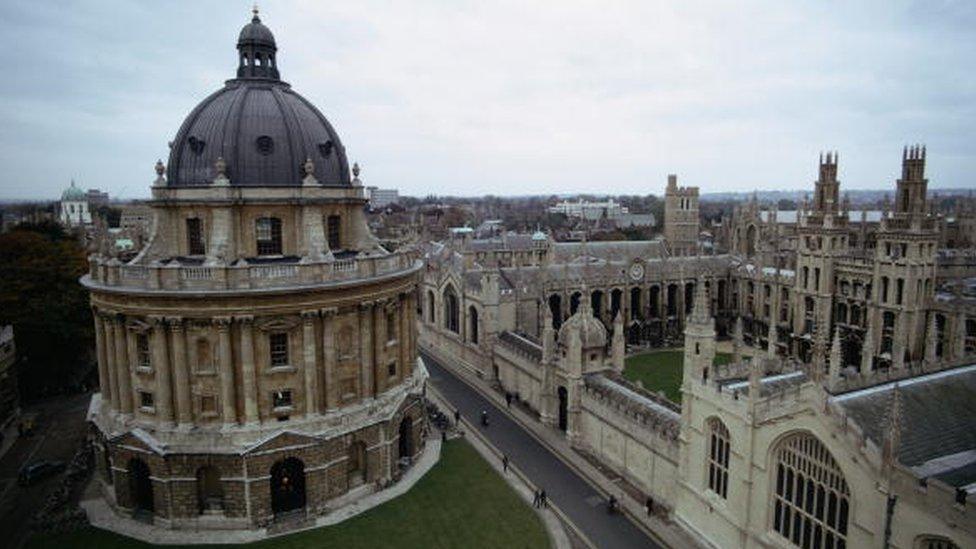
The University of Oxford has suspended new donations and sponsorships from Chinese telecoms giant Huawei.
The firm is facing accusations from the US and other countries that its equipment could be used for espionage.
Huawei has denied those claims, saying it doesn't pose a spying risk.
The US is also reportedly investigating Huawei for "stealing trade secrets" from US businesses, and has accused it of contravening sanctions by lying about its business in Iran.
Oxford University said it had decided on 8 January that it will "not pursue new funding opportunities... at present" with Huawei.
"Huawei has been notified of the decision, which the university will keep under review. The decision applies both to the funding of research contracts and of philanthropic donations."
"The decision has been taken in the light of public concerns raised in recent months surrounding UK partnerships with Huawei."
It added that it hoped those matters can be resolved shortly.
It's believed the university is concerned about any potential government restrictions on the telecoms giant in the future.
Oxford added that it would continue with its existing research contracts where Huawei funding has been received or committed.
"We currently have two such on-going projects, with a combined funding from Huawei of £692,000. Both projects were approved under the university's regulatory processes before the current levels of uncertainty arose," it said.
A Huawei spokesman said: "We have not been informed of this decision."

Analysis: BBC technology correspondent Mark Ward
The bad news is piling up for Huawei.
Alongside the arrest of staff in Canada and Poland are accusations that it stole trade secrets. It has denied the claims.
The arrests follow increasing restrictions on its role in future US 5G mobile networks.
Australia and New Zealand have followed suit. In the UK some of its kit has been removed from BT's network. A ban might soon come in Germany too.
The bans aside, the company is doing well. In 2018 it shipped more than 200 million handsets - second only to Samsung.
It warned that 5G without Huawei would be a shadow of what it could become. Like the NBA without its stars, it said.
For some governments that might be a price worth paying.

Huawei, which has about 1,500 employees in the UK, collaborates with a number of universities in the country, including Cambridge, Cardiff, Edinburgh, Imperial College London, Manchester and York.
The Chinese firm has made a $7.5m donation to the 5G Innovation Centre at the University of Surrey, and more than $1m to the Cambridge University Computer Laboratory.
- Published16 January 2019
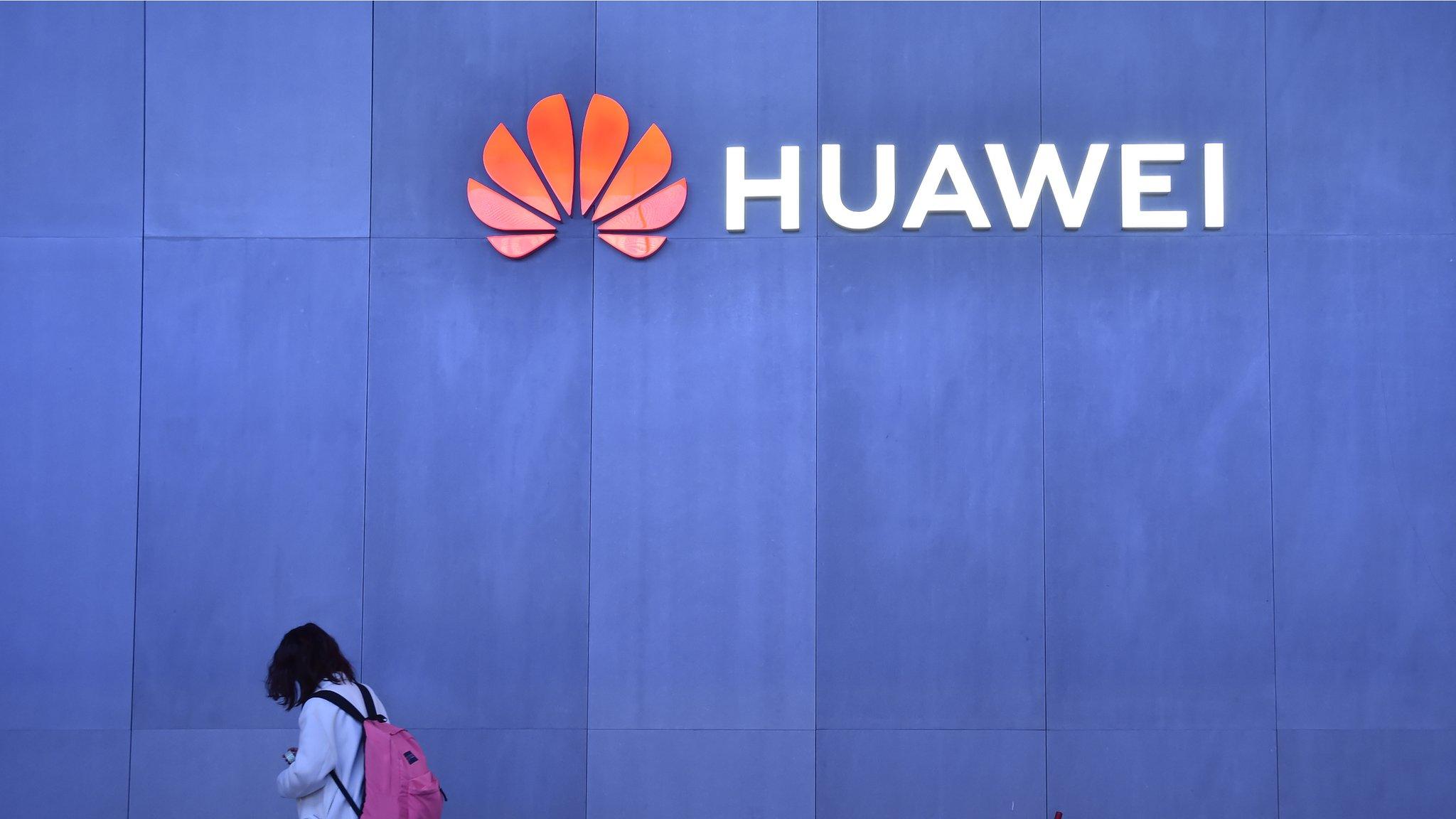
- Published15 January 2019
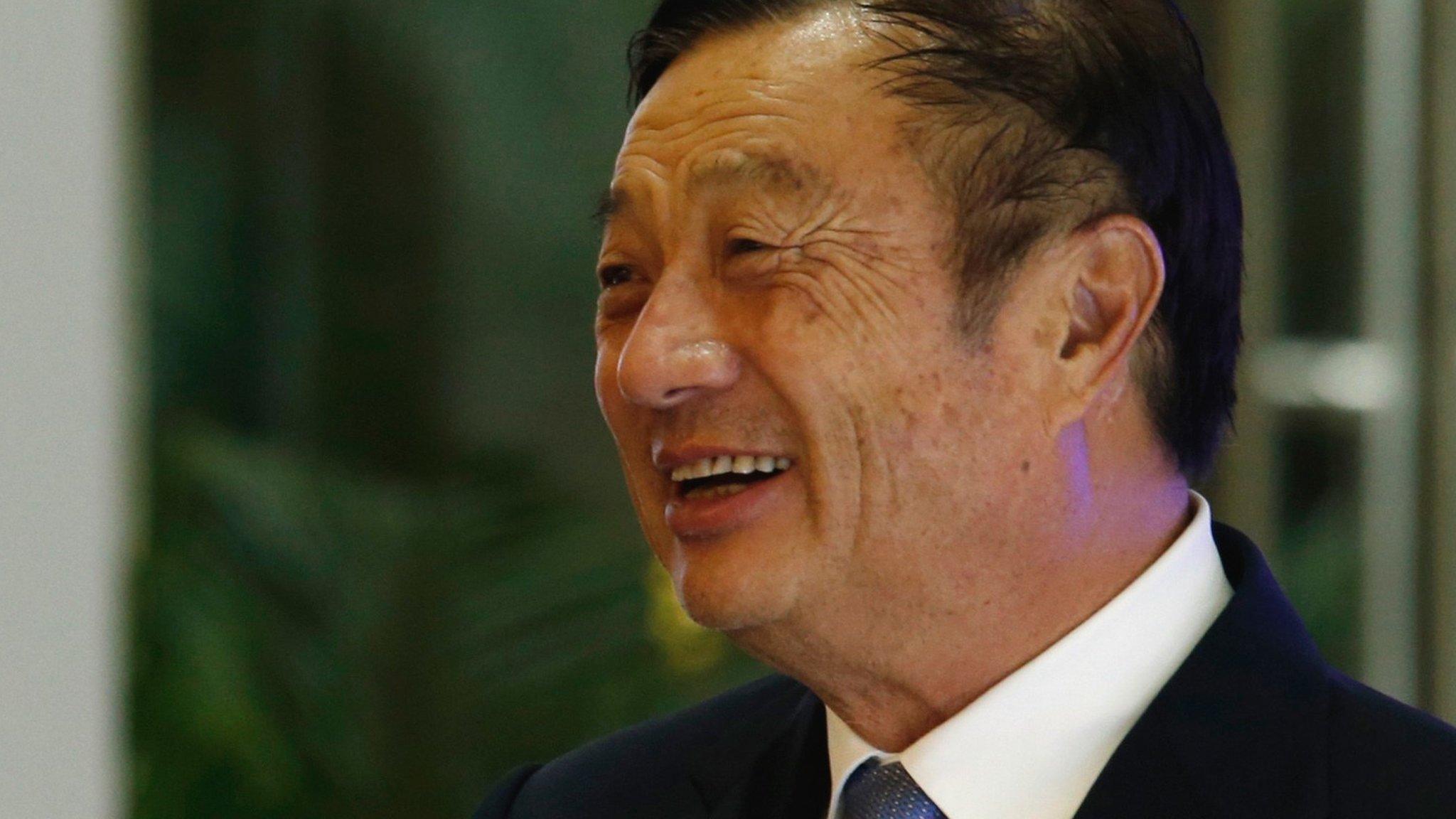
- Published18 January 2019
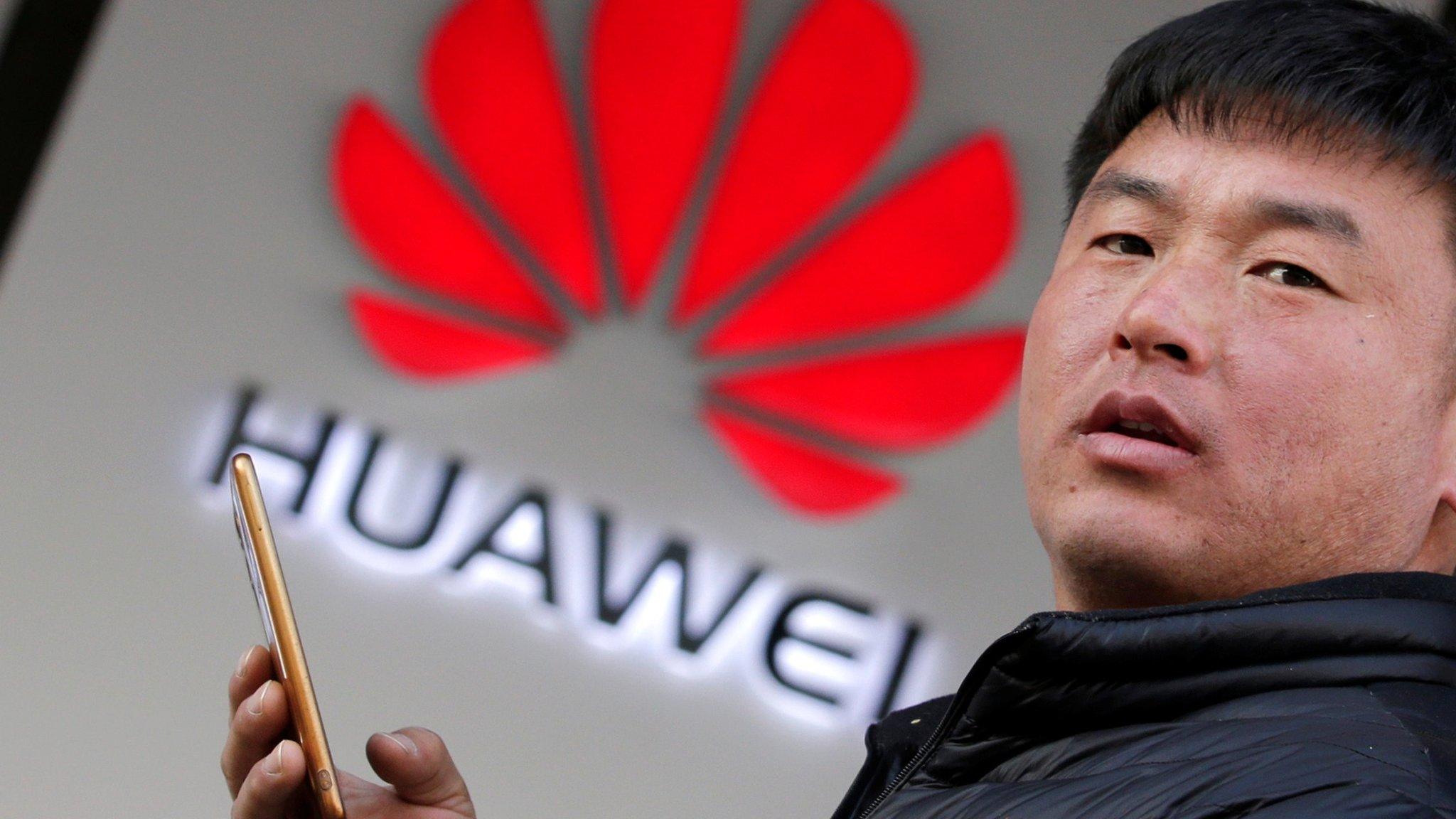
- Published6 December 2018
